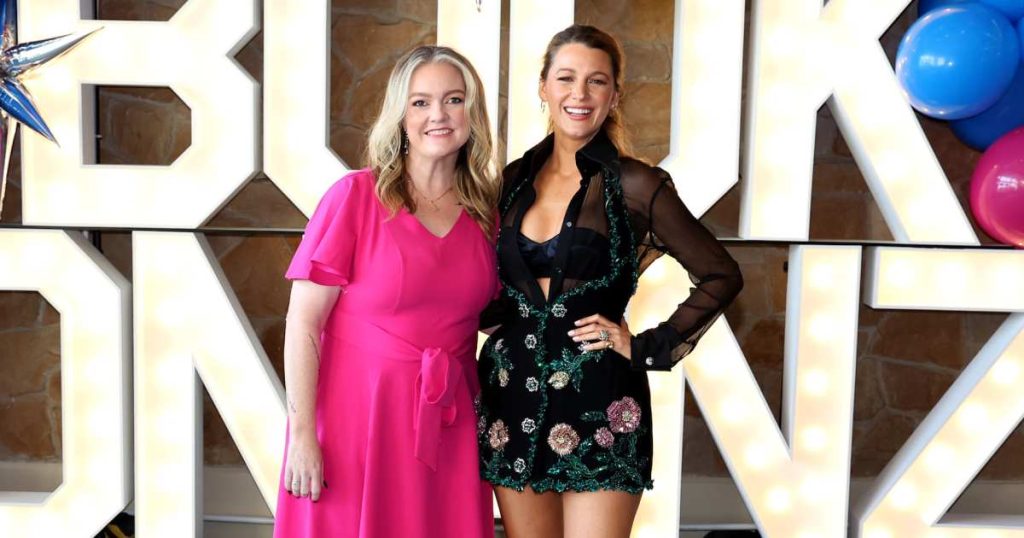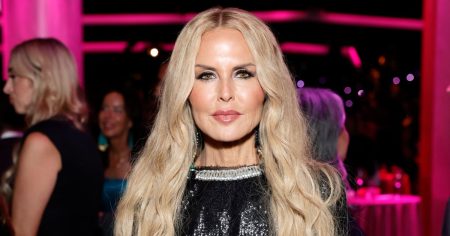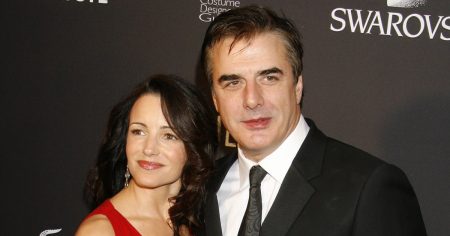Colleen Hoover’s heartfelt message of support for Blake Lively amidst a contentious legal battle with director Justin Baldoni highlights the complex and often turbulent dynamics that can arise within the creative process of filmmaking. Hoover, the author of the bestselling novel “It Ends With Us,” took to Instagram to publicly commend Lively for her integrity, kindness, and unwavering support throughout their collaboration on the film adaptation. This gesture of solidarity arrives on the heels of a lawsuit filed by Lively against Baldoni, alleging a campaign of “social manipulation” aimed at tarnishing her reputation. The lawsuit paints a picture of a deeply fractured professional relationship, where Lively’s concerns about inappropriate behavior on set allegedly met with retaliatory actions from Baldoni. The ensuing legal battle threatens to overshadow the film itself, raising questions about the power dynamics and potential for abuse within the entertainment industry.
Lively’s lawsuit, as reported by various media outlets including Us Weekly, TMZ, and The New York Times, details a series of alleged incidents on the set of “It Ends With Us,” where she claims to have been subjected to uncomfortable and inappropriate behaviors. Her demands, as outlined in the lawsuit, included a cessation of discussions related to nudity, Baldoni’s alleged past struggles with pornography addiction, sexual conquests, genitalia, Lively’s weight, and references to her deceased father. These demands paint a picture of a work environment where Lively felt increasingly uncomfortable and harassed. The lawsuit alleges that when she voiced her concerns, she was met with resistance and ultimately, what she perceives as a calculated effort to damage her reputation. The stark contrast between Hoover’s public support for Lively and the allegations within the lawsuit underscores the conflicting narratives surrounding the film’s production.
Baldoni, through his lawyer Bryan Freedman, has vehemently denied Lively’s allegations, characterizing them as “completely false, outrageous and intentionally salacious.” Freedman claims that Lively’s lawsuit is a strategic move to rehabilitate her image and resurrect a narrative that casts her in a favorable light. He further alleges that Lively engaged in disruptive behavior during filming, including making threats related to her participation in promotional activities unless her demands were met. These counter-allegations add another layer of complexity to the already intricate situation, creating a he-said-she-said scenario that will likely play out in the legal arena. The conflicting accounts raise questions about the motivations and veracity of both parties involved.
The public airing of these disputes has inevitably cast a shadow over the film “It Ends With Us,” which was adapted from Hoover’s popular novel. The film, which deals with themes of domestic abuse and resilience, was highly anticipated by fans of the book. However, the ongoing legal battle threatens to overshadow the film’s message and potentially impact its reception. The controversy surrounding the film’s production raises concerns about the potential for similar situations to arise in other film projects, highlighting the need for greater awareness and accountability within the industry.
Lively’s statement to The New York Times reflects her determination to use her platform to address what she perceives as retaliatory tactics aimed at silencing individuals who speak out against misconduct. Her legal action is not just about her personal experience, but also about advocating for a safer and more equitable environment within the entertainment industry. By pursuing this lawsuit, Lively hopes to shed light on the challenges faced by individuals who come forward with allegations of misconduct and to encourage others to speak out without fear of retribution. This case has the potential to contribute to a broader conversation about power dynamics and accountability in Hollywood.
The contrasting narratives presented by Lively and Baldoni, coupled with Hoover’s public support for Lively, paint a complex and multifaceted picture of the events surrounding the production of “It Ends With Us.” The ongoing legal proceedings will likely delve further into these conflicting accounts, seeking to determine the truth behind the allegations. Regardless of the outcome, this case highlights the importance of fostering a culture of respect and professionalism within the entertainment industry, where concerns about inappropriate behavior are addressed seriously and individuals feel safe to speak out without fear of retaliation. The controversy also underscores the potential for creative collaborations to become fraught with conflict, highlighting the need for clear communication and effective conflict resolution mechanisms within the filmmaking process.










